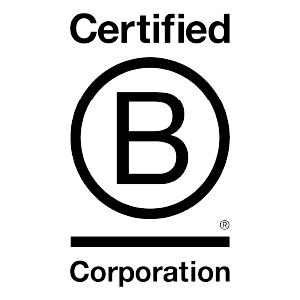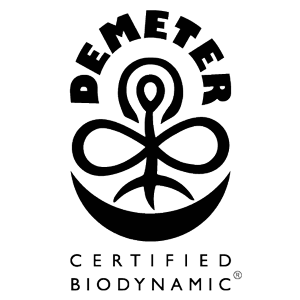What does it mean to be a Biodynamic® vineyard?
Simply put, it means we focus on the land’s natural resources and eliminate the use of chemicals, herbicides, pesticides, synthetic fertilizers, or fungicides.
A behind the scenes look…
At Brooks, we constantly work to create a self-sustaining vineyard with a self-sustaining habitat that can protect the vines and allow them to produce higher quality fruit.
The main principle and tradition is based on an ecological, energetic and spiritual philosophy in nature. Biodynamic farming requires a great amount of respect, more time in the vineyard and greater attention to detail than any other farming method. We feel it provides greater purity and clarity in the wines and provides the most honest expression to terroir, sharing a unique sense of place.
Read our post about how to practice Biodynamic farming at home!
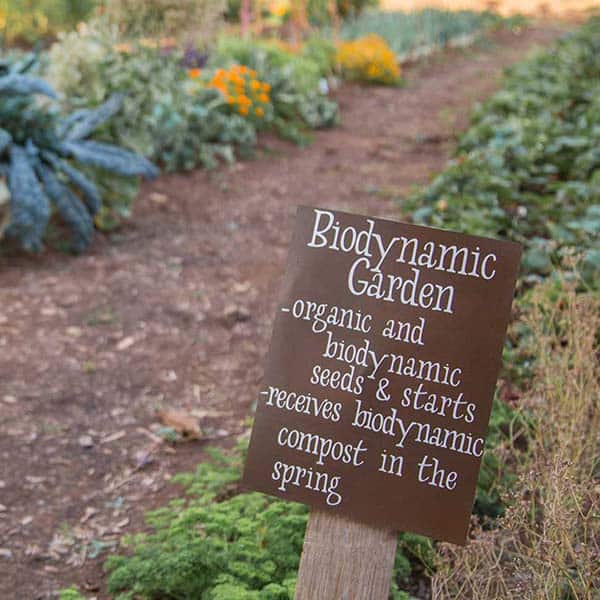
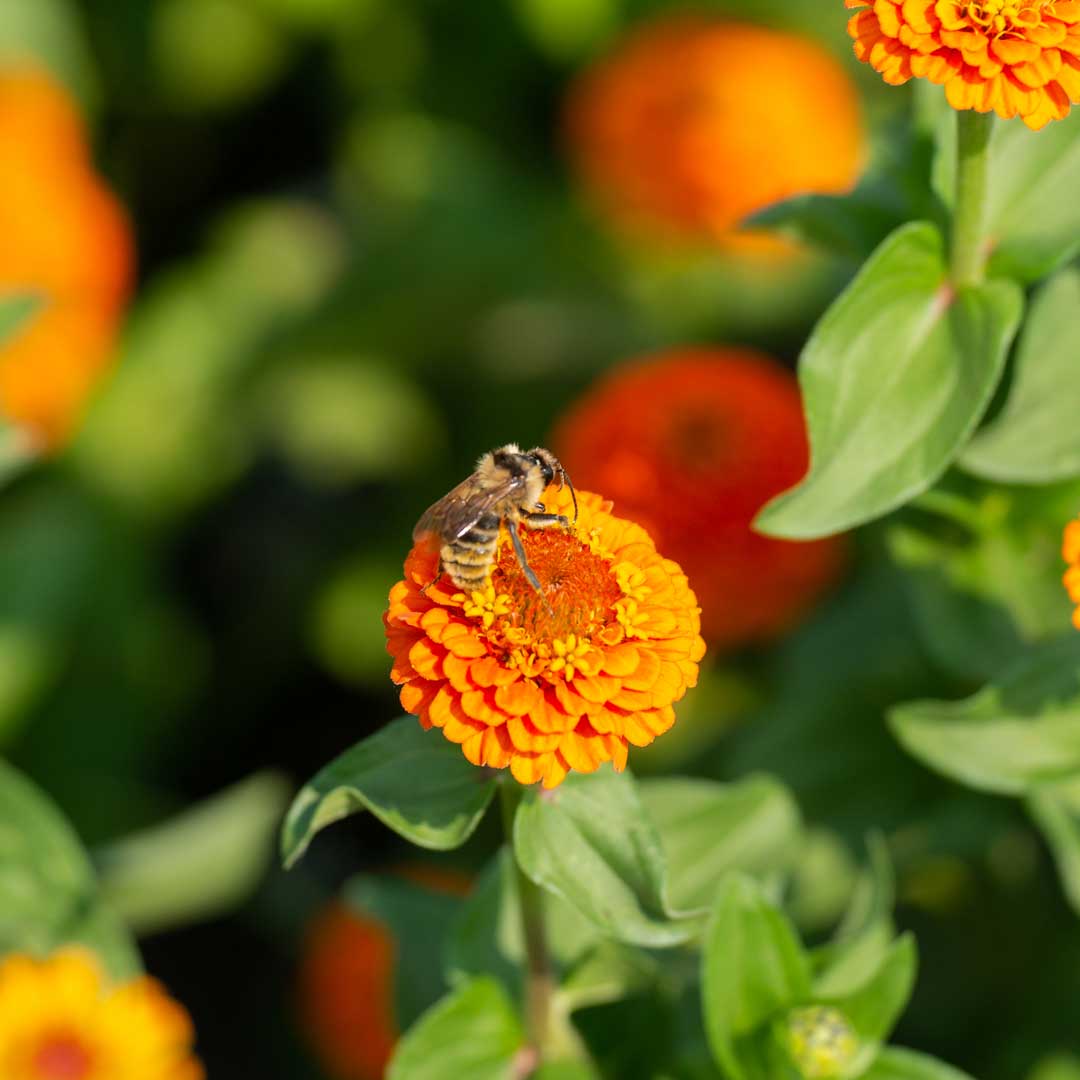
Commitment to Biodiversity
We have a minimum of 10% of our total effective land base set aside as a biodiversity reserve including land for insectaries, hedgerows, flowering cover crops, perennial plantings along the fence lines, roadways and wildlife corridors.
Our tillable acreage is not planted to a monoculture. We maintain botanical species diversity via our cover crop rotation strategies throughout the vineyard.
We protect our vineyard and land from soil erosion by utilizing a rock garden to diffuse rain water.
We utilize strategies that emphasize prevention of disease and insect control including:
- Botanical species diversity
- Predator habitats
- Balanced crop nutrition
- Conscious use of Biodynamic preparations
- Cover crop rotation
- Timing of planting and significant farming steps in the vineyard
- Understanding the life cycle of pest species
We do not use synthetic chemicals to control pests or to prevent fungal, viral or other diseases.
We utilize mechanical weed control and no chemicals.
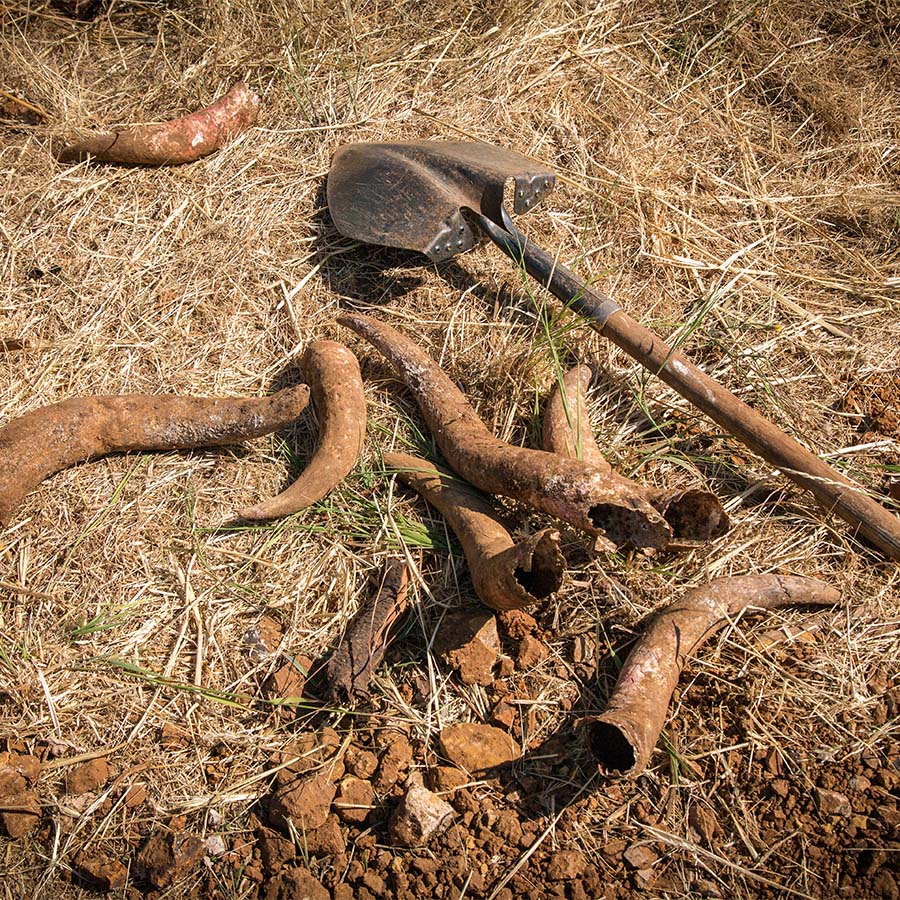
Commitment to the Land
A distinguishing feature of Biodynamic agriculture is the use of nine preparations made from herbs, mineral substances and animal manures that are utilized in field sprays and compost inoculants applied in minute doses much like homeopathic remedies for humans.
As part of this, we maintain our own compost pile. We grow the needed plants on site to make as many of the preparations as possible.
We apply the preparations annually to meet the requirements for the 500 (cow manure) and 501 (silica) preparations. Other preparations are applied as needed throughout the growing season.
We hand stir our preparations.
We maintain careful records of all preparations including the origin of all material for preparations as well as disposal.
In accordance with Biodynamic and Organic guidelines, sulfur is only needed on an as needed basis.
Our vineyard is dry farmed and has no irrigation so water conservation is at optimal levels.
We adjust fertility conditions of our soil to mitigate growth of weed species.
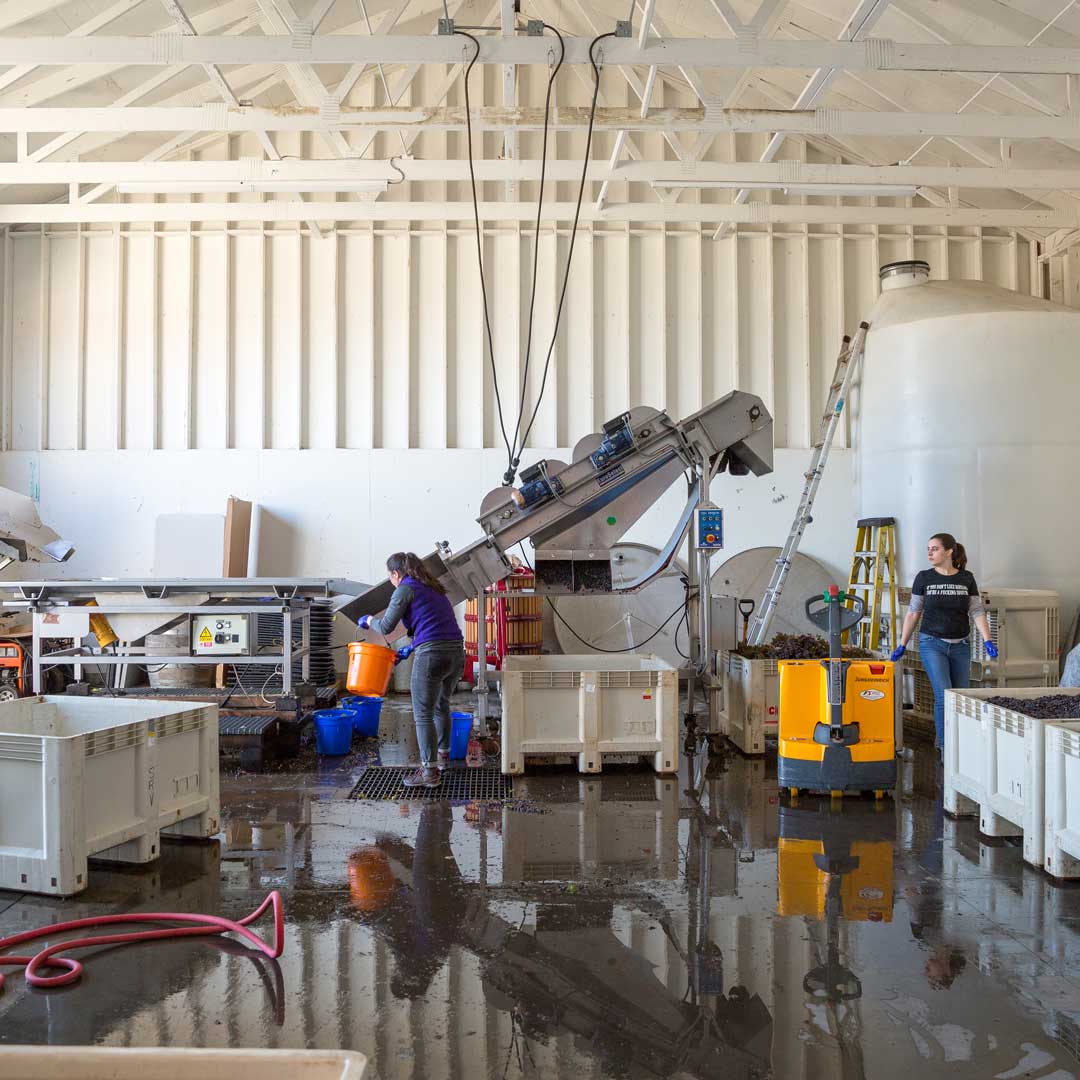
Processing Criteria
Our storage facilities and processing facilities are clean and protected from insect and pest infestation.
In the winery, we do not make additions of acid or sugar and we do not fine our wines. Our approach is to be as low intervention as possible.
Our labels are approved by Demeter before they are printed and adhered to the wine bottle.
Taste the difference

Be the change.
At Brooks, we believe that good wine starts with being good to our planet and our people. We work just as hard at growing our grapes and making superior wine as we do at making tomorrow a better place for each and every one of us.
